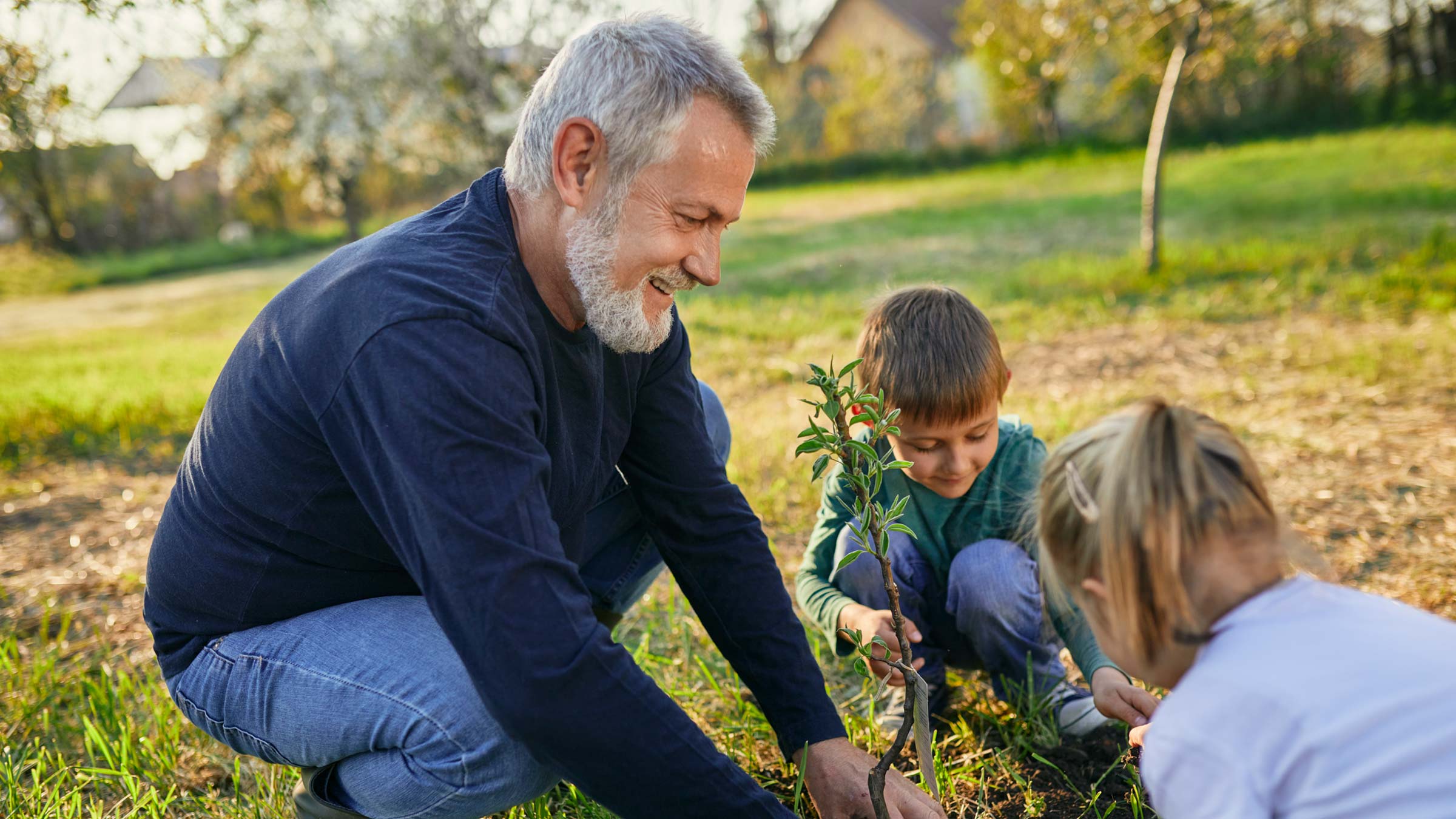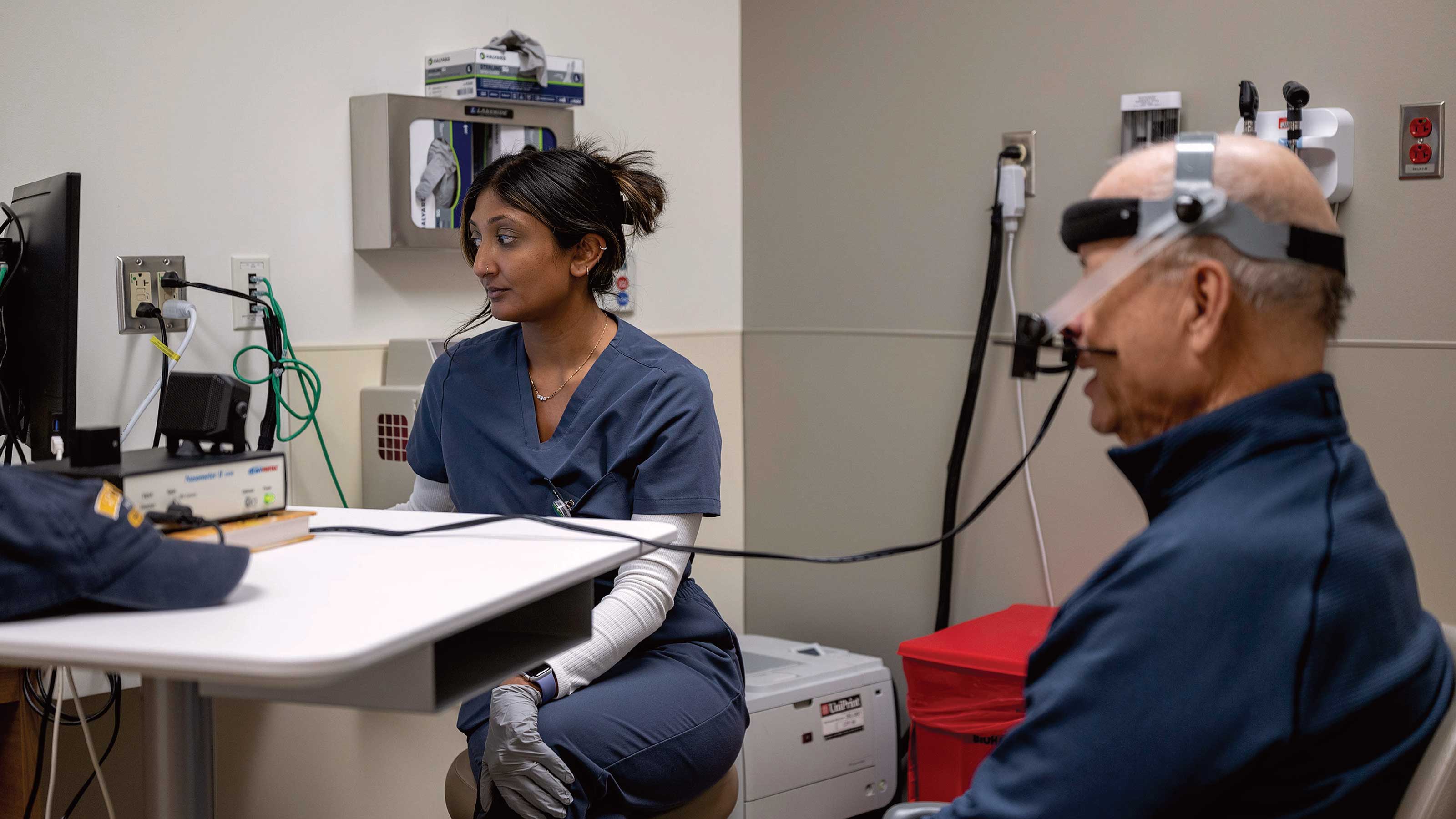
Have you ever considered that gardening can be good not only for Mother Nature’s overall health, but for ours as well?
For starters, spending time outside on a sunny day can boost our vitamin D exposure, which in turn can reap both physical and mental benefits. Being outside in the fresh air can lower your blood pressure and affect your sense of well-being.
The idea of gardening being good for the body and mind is starting to take hold. For example, the National Initiative for Consumer Horticulture (NICH) promotes the environmental, economic and community and health benefits of horticulture.
Gardening can be relaxing and a way to reduce stress and create a sense of belonging and connectedness.
What are the physical health benefits of gardening?
Gardening can be a great form of exercise. The Centers for Disease Control and Prevention recommends getting 150 minutes of moderate intensity activity a week, and gardening is a moderate intensity activity.
Raking, shoveling and using a wheelbarrow are excellent whole-body exercises. These types of activities that require you to use your entire body have greater exercise benefits. In addition, carrying water buckets and mulching are good strength-training activities.
Growing and consuming fresh vegetables may improve your diet by providing a source of nutritious food. Research has shown that people who grow vegetables are more conscious about maintaining a healthy diet. Here’s a fun fact: 25% of American homeowners grow their own berries, vegetables or fruit trees, according to this infographic from the NICH.
Gardening keeps older hands strong and nimble. Research shows that older adults who garden have better hand strength and pinch force, self-esteem and overall physical health.
Prevent any injuries by using proper body mechanics and stretching before going out to garden. Learn how you can stay safe in the garden with this resource from the University of Wisconsin Extension office.
What are the mental health benefits of gardening?
Gardening isn’t just good for your body — it’s good for your mind as well. Gardening stimulates the brain, which reduces the risk of cognitive decline. Some studies have shown that regular gardening may help to reduce the risk of dementia by 50%.
Gardening also can boost your mood. Studies show cytokine levels rise, which in turn activates the “feel-good” hormone serotonin when working in the soil. Specific bacteria in the soil also can boost your serotonin levels.
Gardening can be used to practice mindfulness by focusing on the different tasks, appreciating the colors and acknowledging the work you’ve done. Engaging in mindfulness has been shown to decrease stress levels.
What are ways to make gardening easier on your body?
Tips to help make gardening more enjoyable without hurting yourself:
- Take frequent breaks, drink plenty of water and wear sunscreen.
- When lifting heavy bags of mulch or dirt, be sure to use proper lifting mechanics by lifting with your legs, not with your back. You can also use a wheelbarrow to transport mulch or dirt, rather than carrying the heavy bags long distances across your yard or garden.
- Choose the right tool for the job. Try using adaptable tools, such as tools that are designed for people with arthritis. Long-handled tools can help prevent stooping and back issues.
- Use a gardening stool or chair when weeding, or kneel or sit on a padded foam cushion, to protect your knees.
- Use alternative gardens — such a raised beds or containers — to bring them up to waist level so that you don’t have to bend over while tending to your plants.
Most importantly, know when to stop. That’s often a problem with avid gardeners, especially early in the season when they may be out of shape after the long winter, and more likely to overdo it in the garden.
If you have a limitation, learn more ways to make gardening easier with this information from The Ohio State University College of Food, Agricultural, and Environmental Sciences.

Feeling a little too much pain and stiffness?
Find excellent care for arthritis and related conditions
Learn more today



